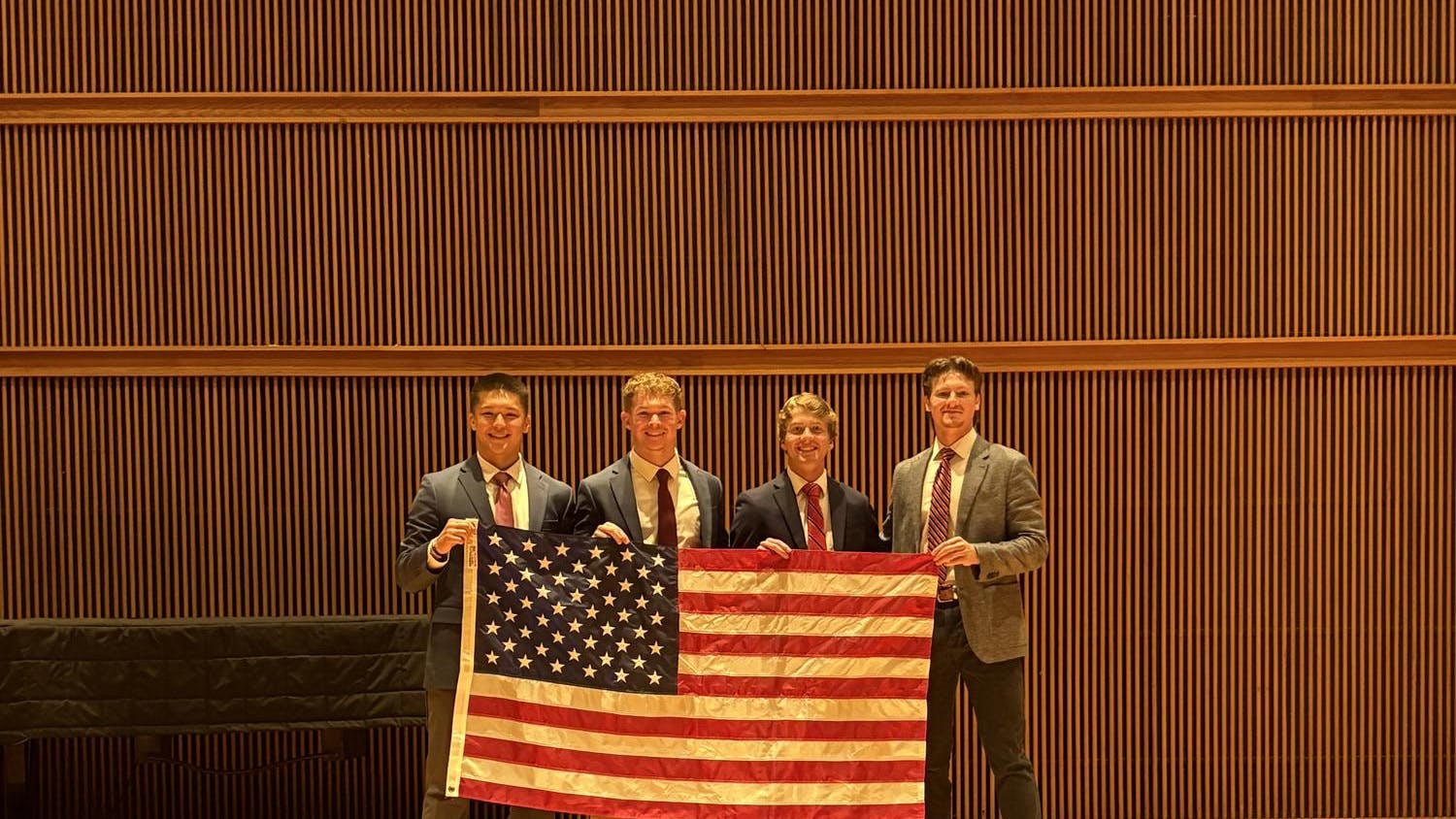By Amy Gaasrud | Contributor
Looking for a tutorial on how to make flowers out of old book pages, I clicked on a link.
"This domain is blocked."
For half a second, my heart rate spiked, and I quickly closed the tab before realizing sheepishly that I wouldn't get in trouble simply for having Taylor's warning page up for more than two seconds. Opening a new tab, I restarted my search, this time using only sites I'd been to before.
It's safe to guess that most Taylor students will have a similar experience at least once during their four years at the university. For many, it will come as the result of opening a link that seemed harmless at the time, raising this question: Why does Taylor monitor what websites we visit?
The Life Together Covenant claims that its expectations are dedicated to "helping each member of the community grow in maturity and the ability to make wise choices." The residence hall leadership encourages residents to behave in a certain way because we are all adults and will be treated as such. But if these messages are true, it seems that in using content-control software the university is contradicting itself. The software does not encourage us to grow in our ability to make wise choices but rather makes those decisions for us, blocking sites containing content that doesn't line up with the university's standards. This can feel like a form of censorship, a sort of "Big Brother" system that watches for when we mess up. But that can't be all there is to it.
An employer once told me she wanted to track sales at our small snack shop. I thought perhaps this was because she was trying to track down a thief, so I questioned the necessity of such a system. Her answer was something like this: "I don't think many people are stealing from the shop. I'm putting this in place for the one person who feels the temptation, for the one or two people who think taking a candy bar won't make a difference. I want to make doing the right thing easier for them, to help keep them accountable without singling them out."
In many ways, I'm beginning to think that Taylor's content-control system is necessary for the same reason that the inventory system was. For the majority of students, making wise decisions in what websites they visit comes with little difficulty. But for some, it doesn't. For some, the temptation to visit a site that contains pornographic content, encourages illegal gambling or provides test answers is an all-too-present reality. Although friends can help someone fight that temptation, it is relatively easy for someone to find a place where no one can see his or her computer screen.
In Luke 17:3, Jesus says, "Pay attention to yourselves! If your brother sins, rebuke him." We are called to keep each other accountable in this community of believers. By monitoring sites students are visiting and calling them out when they go somewhere that threatens their integrity, Taylor provides an accountability system. The content-control software is sometimes inconvenient, sometimes Big Brother-ish and sometimes just plain frustrating. But it is also a way for Taylor to encourage its students to live godly lives, overcome temptation and grow in their ability to see when a choice is not in their best interests. The system isn't perfect, but if Taylor can help remove the temptation to sin from one student's life, the inconvenience is worth it.





